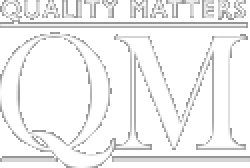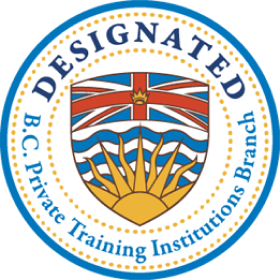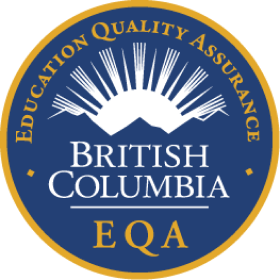GET MORE INFO NOW!!!
Start your journey towards a new career today by requesting program details.
 Financial Assistance
Financial Assistance
 Career Options
Career Options Start Dates
Start Dates Job Opportunities
Job Opportunities

Posted by AOLCC | 12th July 2022

Did you know that 21% of Canadians will meet the criteria for addiction in their lifetime?
This staggering statistic demonstrates the growing need for compassionate people searching for a rewarding career helping to serve vulnerable members of their community.
AOLCC’s Community Service Worker With Addictions Worker Program emphasizes a career-focused curriculum with an emphasis on addictions, mental health, psychology, sociology and family life in Canada, criminology and at-risk populations, case management, and more. With this extensive education that you can complete in less than 8 months on a flexible schedule, you will have the skillset and practical hands-on training to start changing the lives of others for the better.
Keep reading to learn about a few of the many career paths you can pursue after an Addictions Worker program.
During your addictions counselling program, you will gain extensive knowledge about the various forms of addiction, as well as the tools, skills, and community services available to help.
As an Addictions Worker, you will work with individuals or groups in both inpatient and outpatient treatment programs to support your clients in all stages of their recovery, from usage to sobriety. You will do this by empathetically exploring the roots of their addictions through counseling, teaching healthy coping skills, and creating long-term plans to sustain their sobriety. Job duties also include conducting evaluations and assessments, administering periodic drug and alcohol tests, making appropriate referrals, and creating aftercare plans based on the community services in the area.

Work with individuals in all stages of their recovery from addiction
When you study social services in BC, you’ll gain an extensive education based on community service work. This gives you the opportunity to follow a career path helping to improve the social, physical, and emotional development of vulnerable children, youth, and families.
In this career, you may work with young children and youth that are temporarily housed in foster care programs, or who belong to youth centers, early-intervention programs, treatment centers, family support programs, and so on. Job duties include building trusting relationships with children and their families, implementing strategies such as coordinated treatment interventions, as well as organizing social and recreational activities in structured environments. You’ll also be expected to keep accurate and detailed confidential records.

Graduates can choose a career working with children and youth after their addictions counseling program
Another option after completing your addictions worker program is to gain employment at a residential care facility. In this role, you would be responsible for aiding people of all ages who may have learning disabilities, psychological or physical disabilities, as well as those overcoming addiction.
With a variety of unique challenges faced by your individual clients, job duties cover a wide range. You may assist with daily tasks such as feeding, washing, dressing, and grooming. You may teach daily skills such as shopping, budgeting, or developing positive social networks.
Alternatively, you may spend your time helping residents maintain their sobriety. In addition, you may assist clients in their endeavors to find suitable housing or employment. Although many of the tasks require practical assistance and advice, a major role of a residential care worker or counselor is to provide emotional support and positivity.
It is apparent that an addictions worker program opens many doors for an individual looking for a new career path. The one constant within all these careers is the desire to help others that are in need of resources, services, and support.
Would you like to positively impact the lives of others with an addictions worker program?
Get started at the Academy of Learning Career College today!
Start your journey towards a new career today by requesting program details.
This fun, online quiz takes 3 minutes to complete and you'll get a personalized report. Identify your strengths and social style plus the training and positions you're best suited for.Get Your Career Training Readiness Score Now
With campuses in four strategic locations, AOLCC is your go-to career college in BC
Each AOLCC campus serves as a local hub for career skills training and community connection. Whether you are searching for colleges in Kamloops, BC, colleges in Nanaimo, BC, or a career college in Kelowna, our campuses are easily accessible and connected to local employers.
699 Victoria Street
A welcoming, centrally located campus in the heart of the city
347 Leon Avenue
Serving the Okanagan with flexible programs for career starters and changers
1551 Estevan Road
Conveniently located for students on Vancouver Island seeking certificate programs
754 Goldstream Avenue
Offering diploma and certificate programs to students in Greater Victoria and beyond
Our campuses are accessible via public transit, and many offer nearby parking options. If you’re looking for career training in other BC locations, we can connect you with our extended AOLCC network.



B.C. Private Training
Institutions Branch

B.C. Education
Quality Assurance